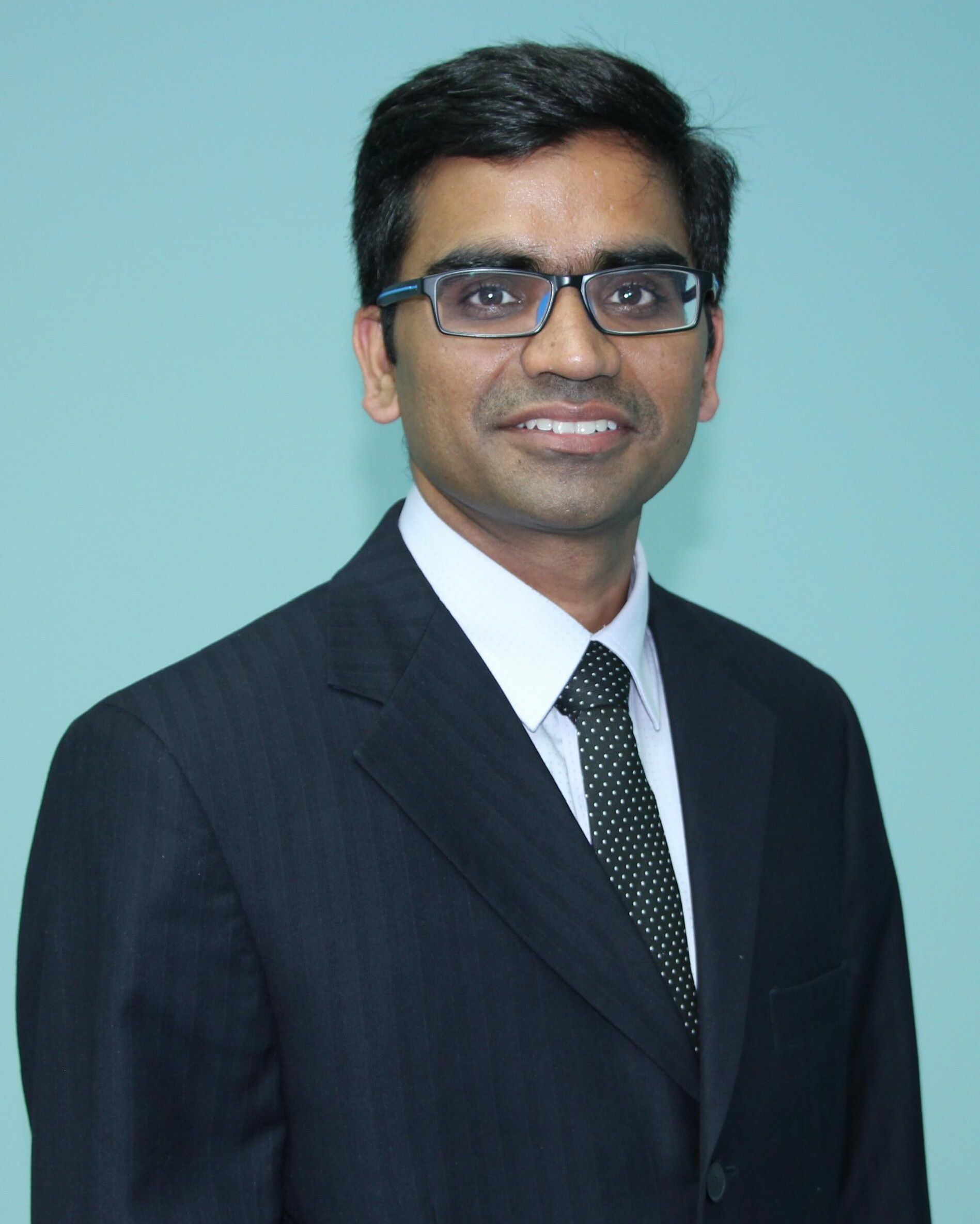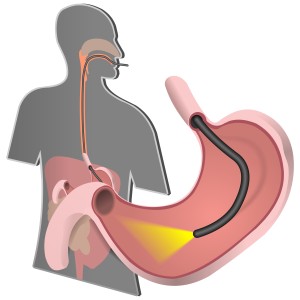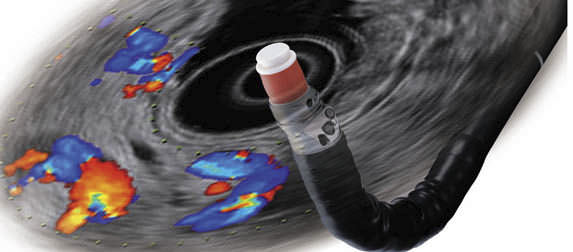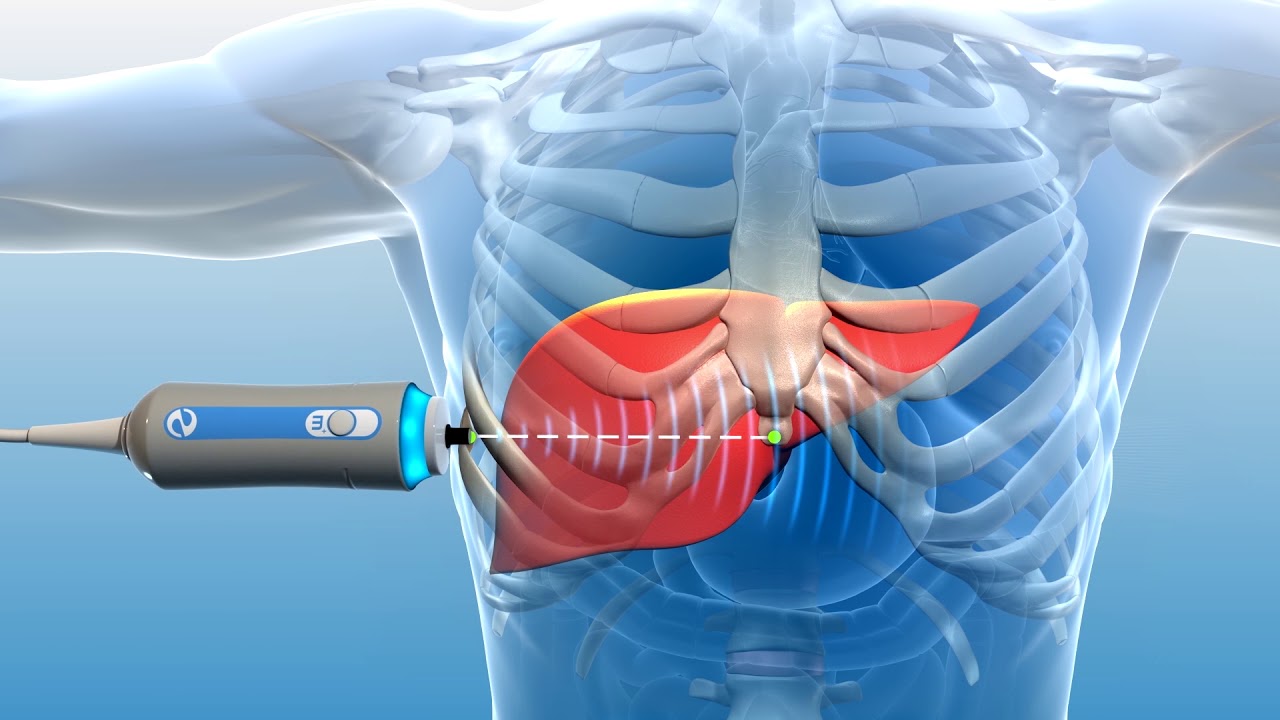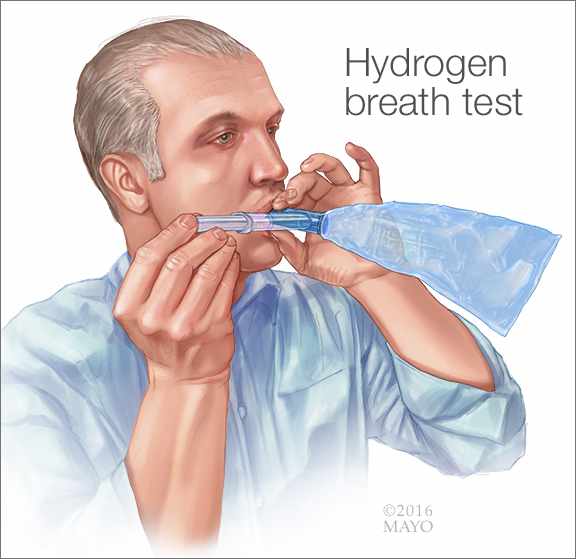Endoscopy
Endoscope, a flexible tube with a light and camera attached to it, During the upper endoscopy, a flexible tube is passed through the mouth and throat and into the esophagus. It allows the doctor to view the esophagus, stomach, and upper part of the small intestine. Your doctor can view pictures of your digestive tract on a color TV monitor. If needed biopsy is also taken, it is usualy done for patients suffering with difficulty in swallowing, abdominal pain, indigestion, vomitings and heart burn
 We deal with
We deal with We offer Complete Liver Care &
We offer Complete Liver Care & We perform
We perform

